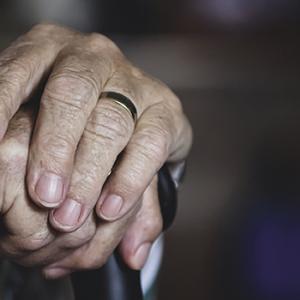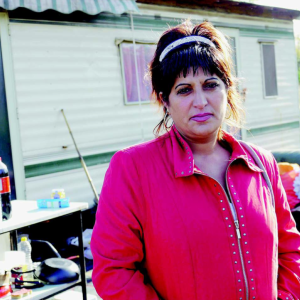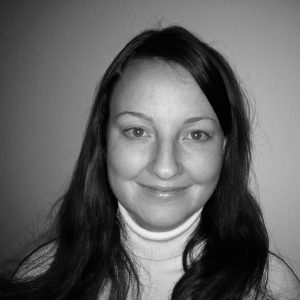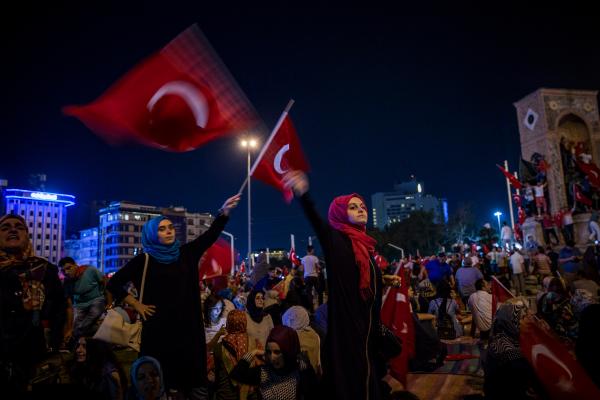The EU's 2001 Temporary Protection Directive is notable for its immediate granting of rights to refugees - they are allowed to work and have access to health care, housing, education and welfare. While the measure has been widely hailed as a success, it has created a two-tier system in which non-Ukrainian refugees still face a lengthy asylum process and conditions that often seem designed to discourage them from coming to the EU.
In addition to analysing why this was the first conflict for which the TPD was used, we compared the different effects of the policy on the refugees themselves in six EU countries: Belgium, Denmark, Germany, Ireland, Italy and Poland.
Photo: Asylum seekers at a demonstration outside Belgium's asylum reception centre 'the little castle' Brussels, Belgium February 2023. 📷Thomson Reuters Foundation/ Joanna Gill





